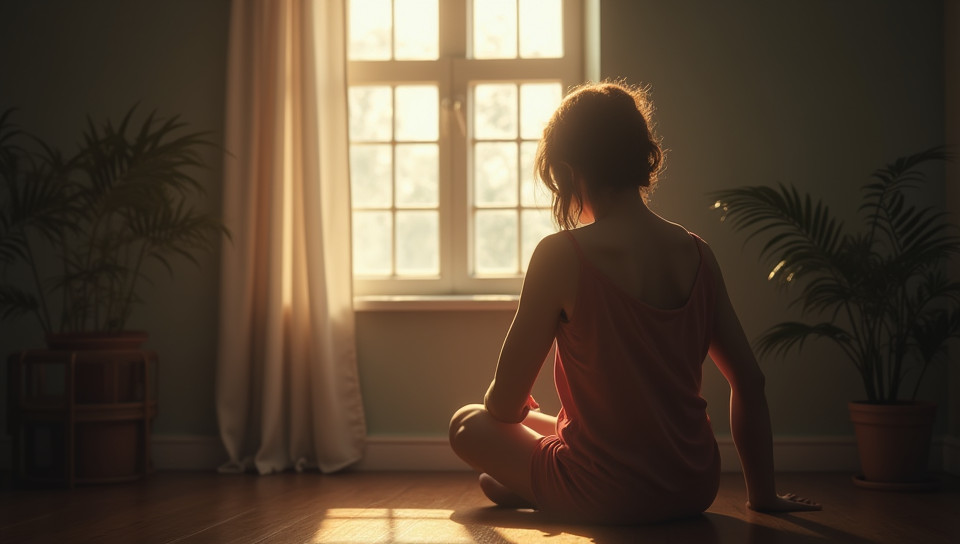Reduced light exposure can lead to depression 84%

The Dark Side of Reduced Light Exposure: How it Contributes to Depression
Have you ever noticed how a gloomy day can leave you feeling down and sluggish? Or perhaps you've experienced the post-vacation blues after returning from a sunny getaway. The relationship between light exposure and our mood is more complex than we think, and reduced light exposure has been linked to depression in numerous studies.
Understanding the Impact of Light on Our Mood
Light plays a crucial role in regulating our circadian rhythms, which dictate our sleep-wake cycles, hormone secretion, and various other physiological processes. When we're exposed to natural light, it sends signals to our brain that help synchronize our internal clock with the 24-hour day-night cycle. Conversely, reduced light exposure can disrupt this delicate balance, leading to a range of negative effects on our mood.
The Effects of Reduced Light Exposure
Reduced light exposure has been shown to contribute to depression in several ways:
- Increased production of melatonin: Melatonin is often referred to as the "sleep hormone," but it's also involved in regulating mood. When we're exposed to reduced light, our bodies produce more melatonin, which can lead to feelings of drowsiness and lethargy.
- Disrupted circadian rhythms: Reduced light exposure can throw off our internal clock, leading to irregular sleep patterns, fatigue, and decreased motivation.
- Decreased serotonin levels: Serotonin is a neurotransmitter that helps regulate mood, appetite, and sleep. When we're exposed to reduced light, our bodies produce less serotonin, which can contribute to feelings of sadness and anxiety.
The Consequences of Ignoring Reduced Light Exposure
The consequences of ignoring reduced light exposure can be severe. Depression is a leading cause of disability worldwide, affecting millions of people every year. If left untreated, depression can lead to:
- Social isolation: Depression can make it difficult for individuals to interact with others, leading to feelings of loneliness and disconnection.
- Decreased productivity: Depression can significantly impair an individual's ability to work or engage in daily activities.
- Increased risk of chronic diseases: Studies have shown that depression is linked to a higher risk of developing chronic diseases, such as diabetes, cardiovascular disease, and obesity.
Breaking the Cycle
The good news is that reducing light exposure doesn't have to be a permanent state. By incorporating simple changes into our daily routine, we can break the cycle of reduced light exposure and its associated negative effects on our mood:
- Get outside: Spend time outdoors during the day to expose yourself to natural light.
- Use light therapy: Consider using specialized light therapy lamps or boxes to supplement your natural light exposure.
- Establish a consistent sleep schedule: Go to bed and wake up at the same time every day, even on weekends.
Conclusion
Reduced light exposure is a critical factor in contributing to depression. By understanding the impact of light on our mood and taking steps to increase our light exposure, we can break the cycle of reduced light and its associated negative effects. Remember, small changes can add up over time, and making conscious efforts to prioritize light exposure can have a significant impact on your mental health.
- Created by: Maël François
- Created at: Oct. 13, 2024, 5:27 p.m.
- ID: 12445








